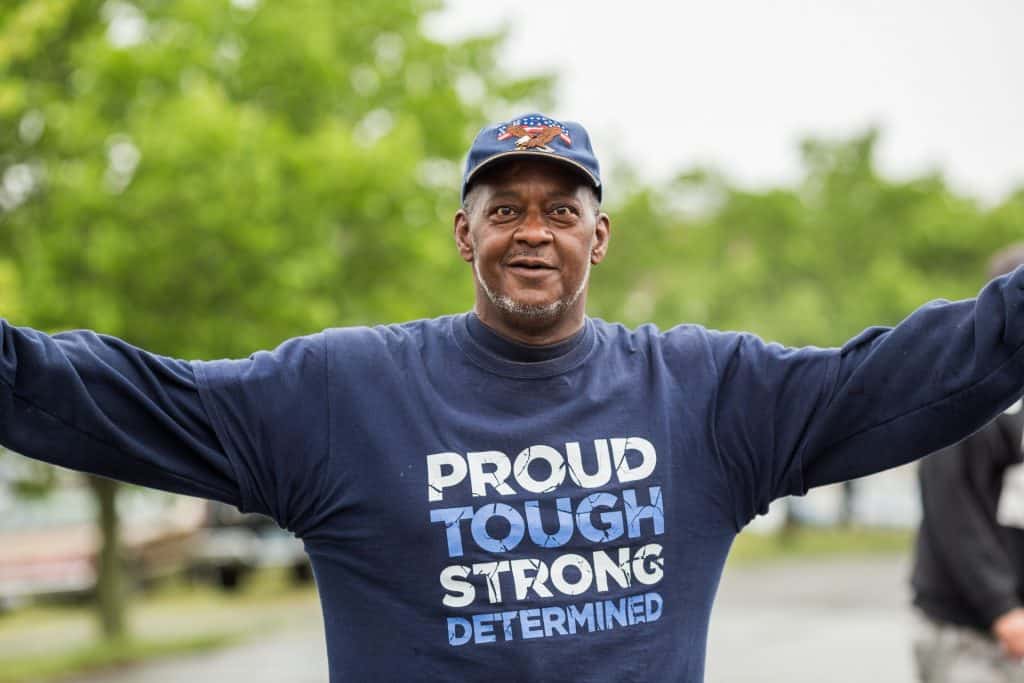The Disabled Veterans National Foundation (DVNF) (www.dvnf.org) has announced that it will award $295,800 to 20 organizations as part of its summer session of Capacity Building grants.
The Capacity Building Grants are DVNF’s way of touching the lives of veterans through organizational partners throughout the country. Each of these groups meets the specific mental and physical health needs of veterans in their respective communities, and they do so in their own unique ways.
Whether through addressing the needs of homeless veterans, training service dogs, providing outdoor recreational therapy, or anything in between, these 20 organizations were selected because of the impact of the work they do for veterans.
“Each one of these organizations tackles challenges faced by veterans every day, and none of them do it in exactly the same way,” said DVNF CEO Joseph VanFonda (USMC SgtMaj. Ret.). “We congratulate and thank each one of these organizations for their commitment to serving the men and women who served in defense of our country.”
This is the second session of funding DVNF will give this year, the organization has awarded $752,982 in 2018 for their Capacity Building Grant program.
For more, visit (www.dvnf.org).
About DVNF:
The Disabled Veterans National Foundation exists to provide critically needed support to disabled and at-risk veterans who leave the military wounded—physically or psychologically—after defending our safety and our freedom.
We achieve this mission by:
- Providing an online resource database that allows veterans to navigate the complex process of seeking benefits that they are entitled to as a result of their military service, as well as additional resources they need.
- Offering direct financial support to veteran organizations that address the unique needs of veterans, and whose missions align with that of DVNF.
- Providing supplemental assistance to homeless and low-income veterans through the Health & Comfort program and various empowerment resources.
- Serving as a thought leader on critical policy issues within the veteran community, and educating the public accordingly.

